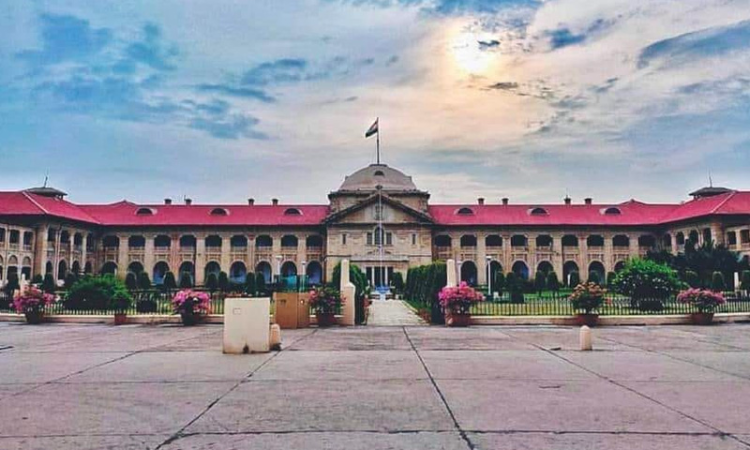Delay- "Rip Van Winkles Have a Place in Literature, But Not in Law": Allahabad High Court
Nupur Thapliyal
2 April 2021 4:59 PM IST

Next Story
2 April 2021 4:59 PM IST
The Allahabad High Court recently observed that the rule of delay and laches, as a policy of litigative repose, creates certainty in legal relations and curtails fruitless litigation thereby ensuring that the administration of justice is not clogged by pointless litigation. The observation came from a Single Judge Bench comprising of Justice Ajay Bhanot while dismissing a writ petition...
